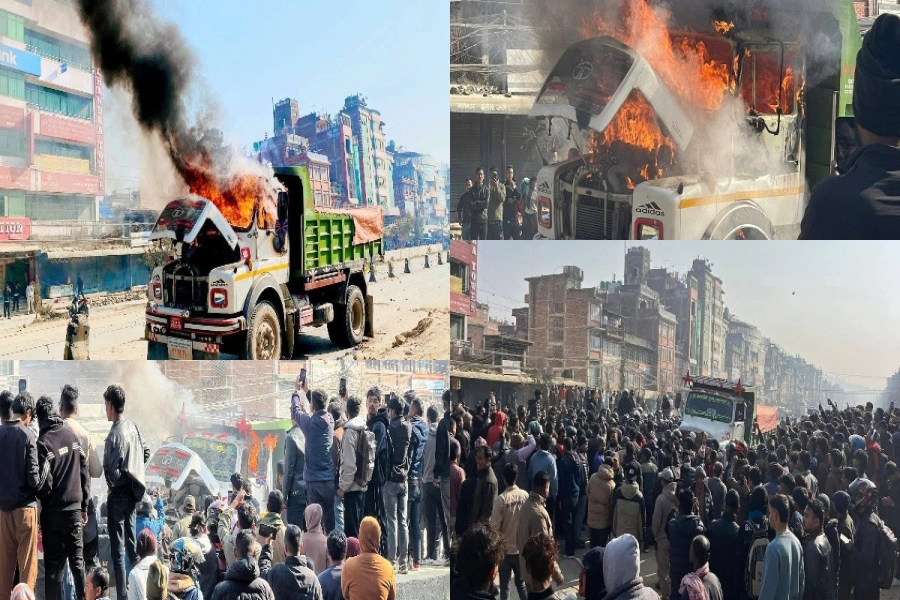KATHMANDU, Feb 17: Provincial governments have started blaming the center for lack of support after the seven provinces started bearing the brunt of public ire for failing to bring a marked difference in the lives of commoners within the first year of their tenure. All the provincial governments celebrated their first anniversary this month with little to boast in their progress report. Chief ministers have cited formulation of new laws as their major achievements, something they claim have laid the foundation for smooth functioning of the provincial governments.
Chief ministers and leaders of provincial governments say the delay in formulation of laws, crunch of resources and apathy of the centre in empowering the provinces had affected the performance of their governments. The provinces had to wait seven months to get necessary laws to set up legal and institutional frameworks.
“We couldn’t perform as expected due to lack of laws and resources. Now that we have laws, we will move forward with fresh vigor. We will soon take necessary steps to fulfill the dream of Happy Nepali, Prosperous Nepal,” said Sherdhan Rai, chief minister of Province 1. On the occasion of first anniversary, Province 1 has announced to provide Rs 5000 as monthly allowance for people aged 90 and above.
Like Rai, some CMs of the ruling Nepal Communist Party (NCP) has admitted to the failure of their government in delivering as per the poll promises.
Reduce number of ministries in provincial governments

During a televised address to the nation earlier this week, Prime Minister KP Sharma Oli had bragged institutionalization of federalism as the biggest achievement of the government.
“The situation was such that there was provincial capital but no office, there were parliament but no parliament building, there was state assembly but no assembly building. There were a lot of works to do but there weren’t required human resources or laws to do the works,” said Oli.
But CMs from his own party said that the Oli government was able to do only a fraction of works to empower the provinces. They said that the provinces will not be able to perform as per the public expectation until the center provides additional power and resources.
“The laws won’t change anything until further powers are conferred to the provinces. Province chief, under the current setup, has less power than ministers. The laws have turned provincial government as mere appendage of the center. We will be again talking about our inefficiency next year if provinces are compelled to remain dependent on the center for everything,” said a chief minister of the ruling party.
However, Province 5 Chief Minister Shankar Pokharel has claimed that his government was able to do a number of things to lead his province toward prosperity. He described the legislation of laws and the cleanliness campaign as the major achievements of his government, arguing that it had made the state more visible.
“We are ahead of other provinces in terms of achievements. We have received unprecedented support from the people,” said Pokharel.
Despite widespread dissatisfaction, Province 2 chief minister is the only leader to openly criticize the center. The CMs of the ruling party have been complaining privately with Prime Minister Oli for his reluctance in conferring more power to the state.
Chief Minister of Province 2, Lalbabu Raut, said that his government, despite the center’s consistent apathy toward the state, was able to launch a series of programs to empower girls, create clean cities, besides drafting necessary bills.
“Instead of empowering the province, the center has been creating one after another hurdle,” said Raut.





































